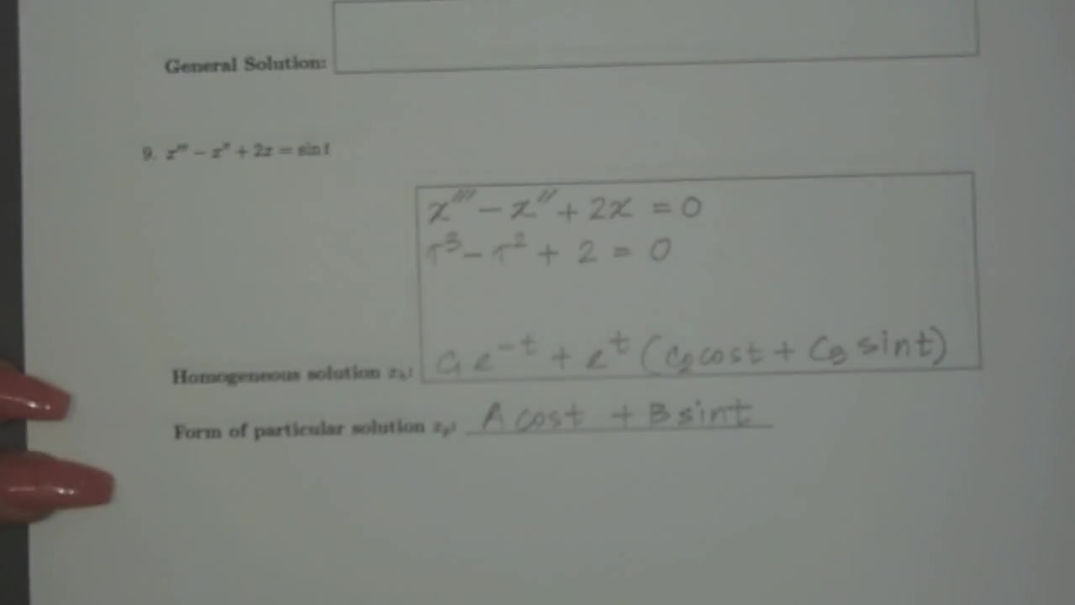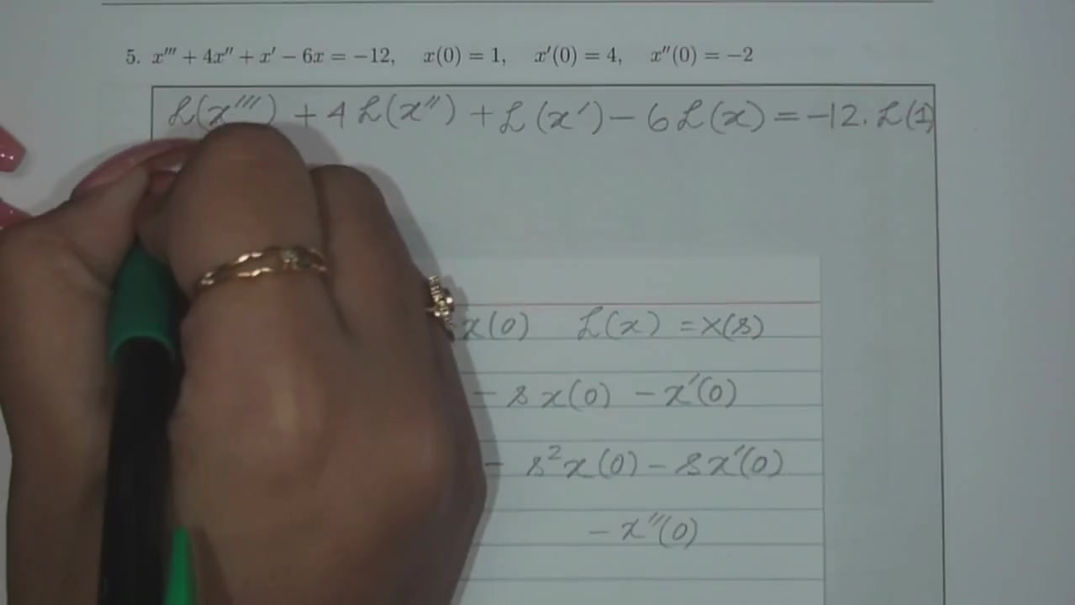My teaching approach centers on creating a student-focused environment where learners actively engage with mathematics rather than passively receive information. I believe that effective mathematics education requires students to "do mathematics" through hands-on problem-solving, collaborative discovery, and reflective practice. This approach has led me to develop innovative systems that address modern challenges in mathematics education, including AI-assisted academic dishonesty, while maintaining rigorous academic standards and promoting genuine understanding.
I strive to create an inclusive classroom where students from all backgrounds feel valued and supported by providing equitable opportunities for all students to succeed. I address barriers to learning proactively and work to create a sense of belonging where every student has the resources they need to thrive, fostering not just mathematical understanding but also the confidence to tackle complex problems independently.
Spring 2026
Teaching
-
MATH340 (Numerical Analysis)
-
MATH251 (Calculus I)
-
MATH110 (Essentials of College Algebra II)
-
MATH110Lab
-
MATH110Lab
-
MW 10 AM - 12 PM, 2 - 3 PM
-
F 10 AM - 12 PM, 1 - 3 PM
-
By Appointment (Email: sbandyo5@utm.edu)
Office Hours
Office
Latimer Smith Building, LS 360
Past Teaching
@UT Martin
-
MATH481 (Real Analysis)
-
MATH452/652 (Applied Math II)
-
MATH451/651 (Applied Math 1)
-
MATH330 (Ordinary Differential Equations)
-
MATH331 (Partial Differential Equations)
-
MATH340 (Numerical Analysis)
-
MATH 251 (Calculus I)
-
MATH140 (PreCalculus College Algebra)
-
MATH110 (Essentials of College Algebra II)
@UNC Greensboro
-
MAT184 (Calculus for the Life Sciences)
-
MAT183 (Mathematics for the Life Sciences)
-
MAT115 (College Algebra)
-
MAT191 (Calculus 1)
-
MAT190 (Pre-Calculus)
Resources
Calculus I Videos
DE Videos
Active Learning Implementation
I implement diverse interactive teaching strategies that encourage deep engagement with mathematical concepts. My classroom employs several collaborative learning techniques:
• Think-Pair-Share activities where students first work individually, then discuss with partners, and finally share insights with the class
• Jigsaw activities that divide complex topics among groups who then teach each other
• Scavenger hunts that make problem-solving interactive and engaging
• Entry and exit tickets that provide real-time feedback on student understanding
• Reflection quizzes using digital platforms like Padlet.com to promote metacognitive thinking. These methods encourage students to take ownership of their learning while developing critical thinking skills that extend beyond the classroom, transforming traditional lecture-based instruction into dynamic, participatory experiences.
Alternative Grading Approaches
What sets my teaching apart are innovative assessment methods that prioritize learning over performance.
I employ a unique grading approach that normalizes making mistakes by awarding full credit for entirely incorrect solutions that demonstrate genuine effort and risk-taking, while completely correct answers receive zero points to encourage deeper exploration and learning from challenges.
Additionally, I use peer-feedback models where students provide constructive feedback on each other's work, fostering critical thinking, collaboration, and self-reflection while allowing students to revise and enhance their understanding based on peer insights.
I've also developed an integrated homework-video-reflection system that combines participation-based homework submission, mandatory video solution viewing, and structured reflection quizzes, creating transparent alignment between practice and assessment while addressing AI-assisted academic dishonesty through pedagogical design rather than punitive measures.






































